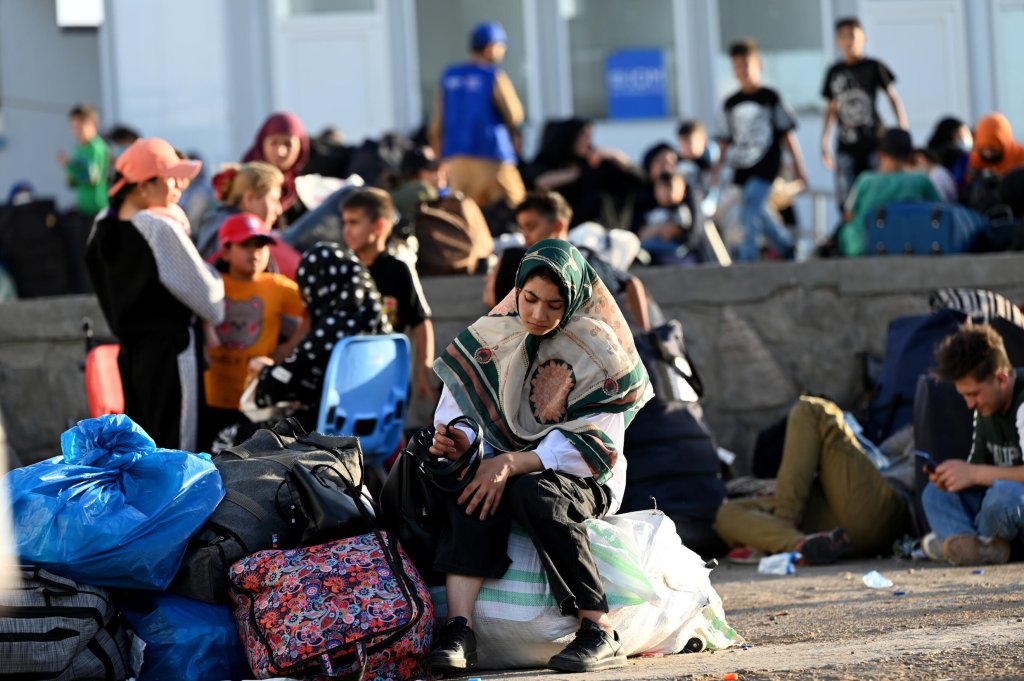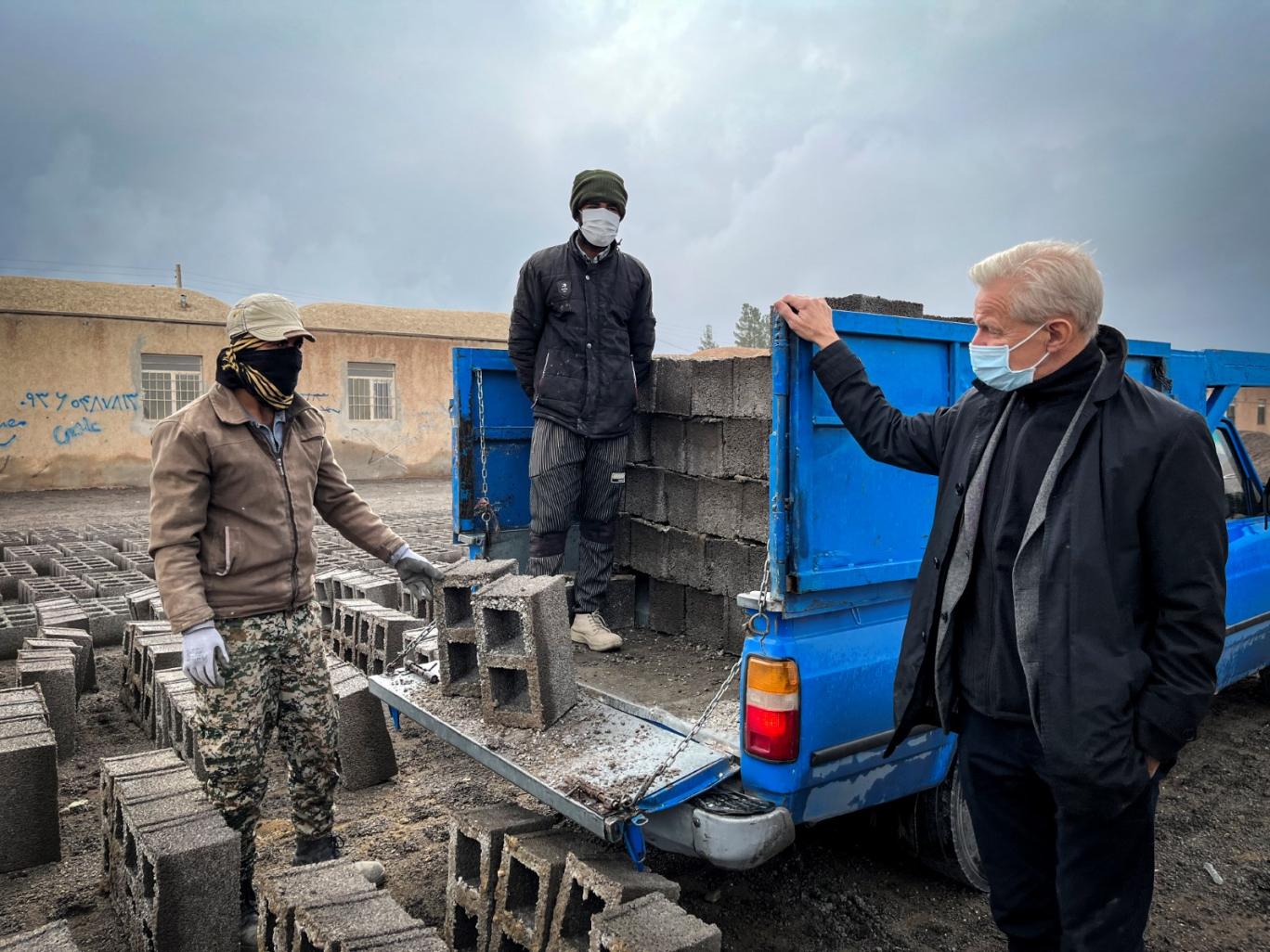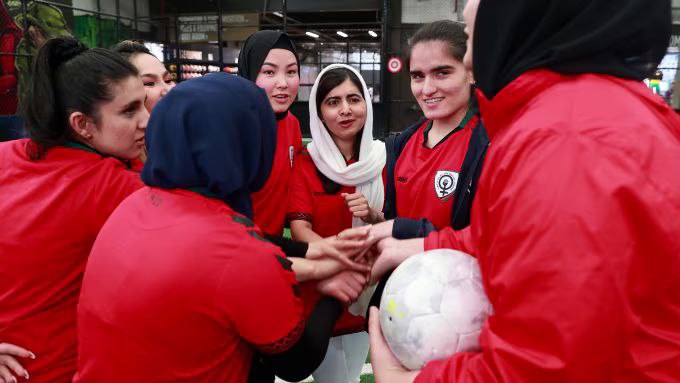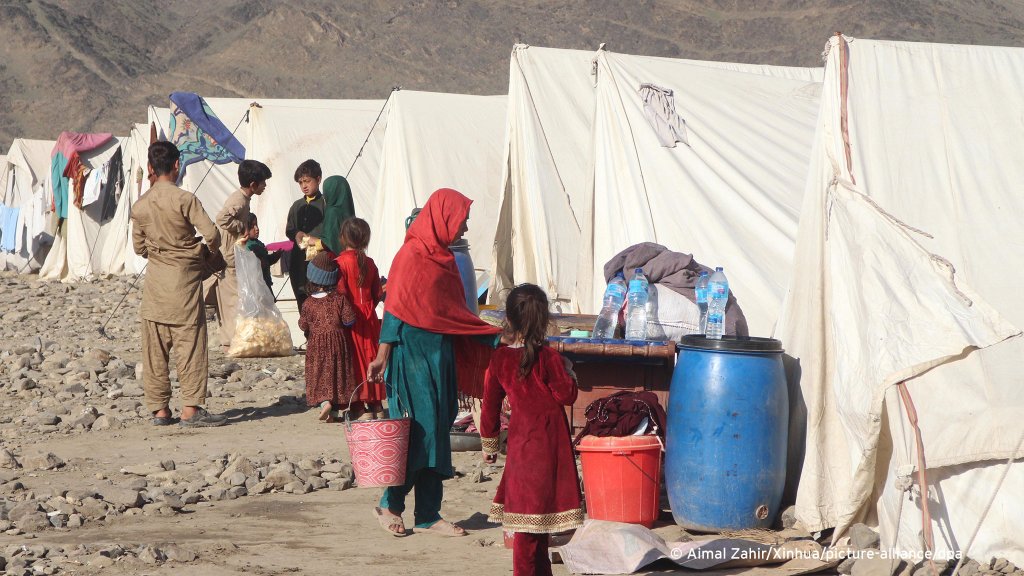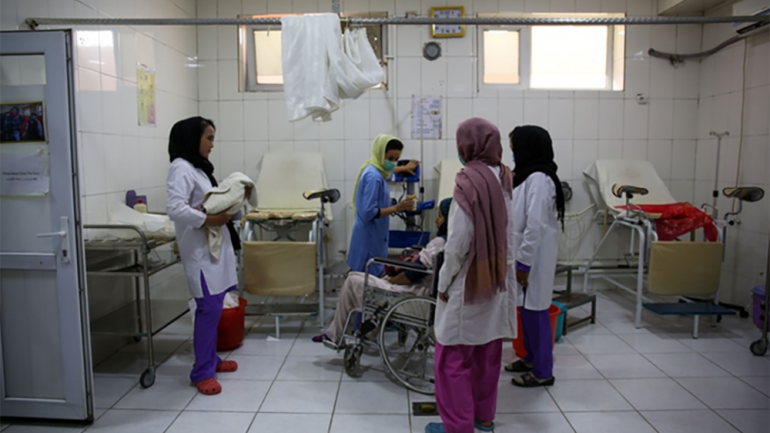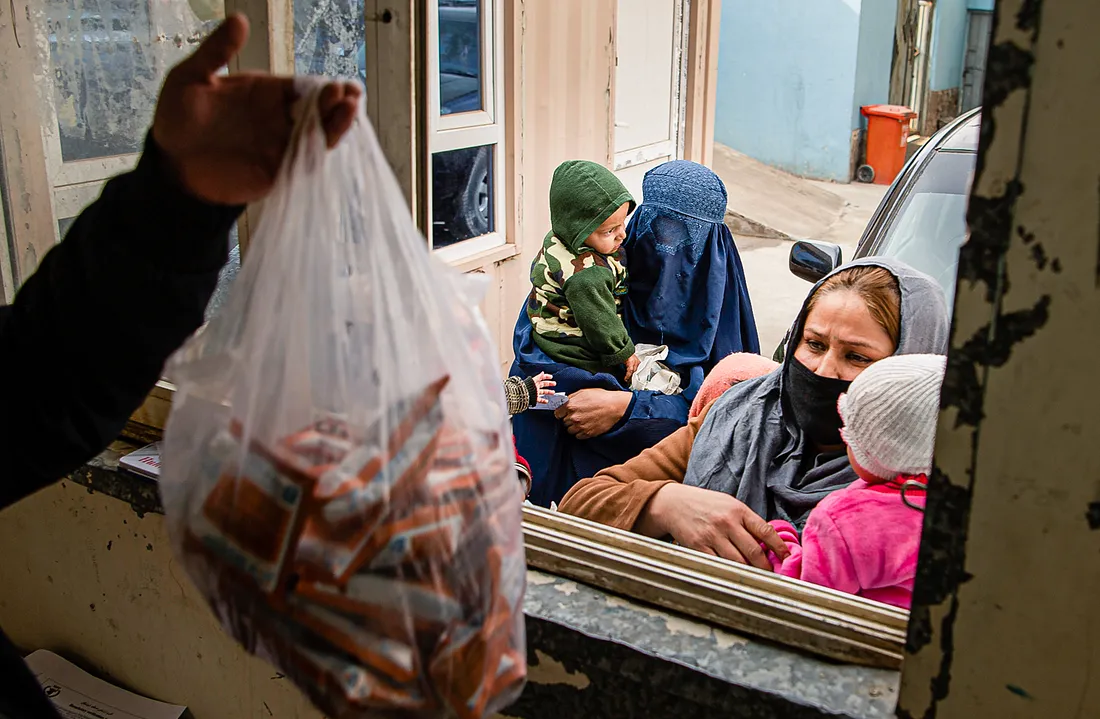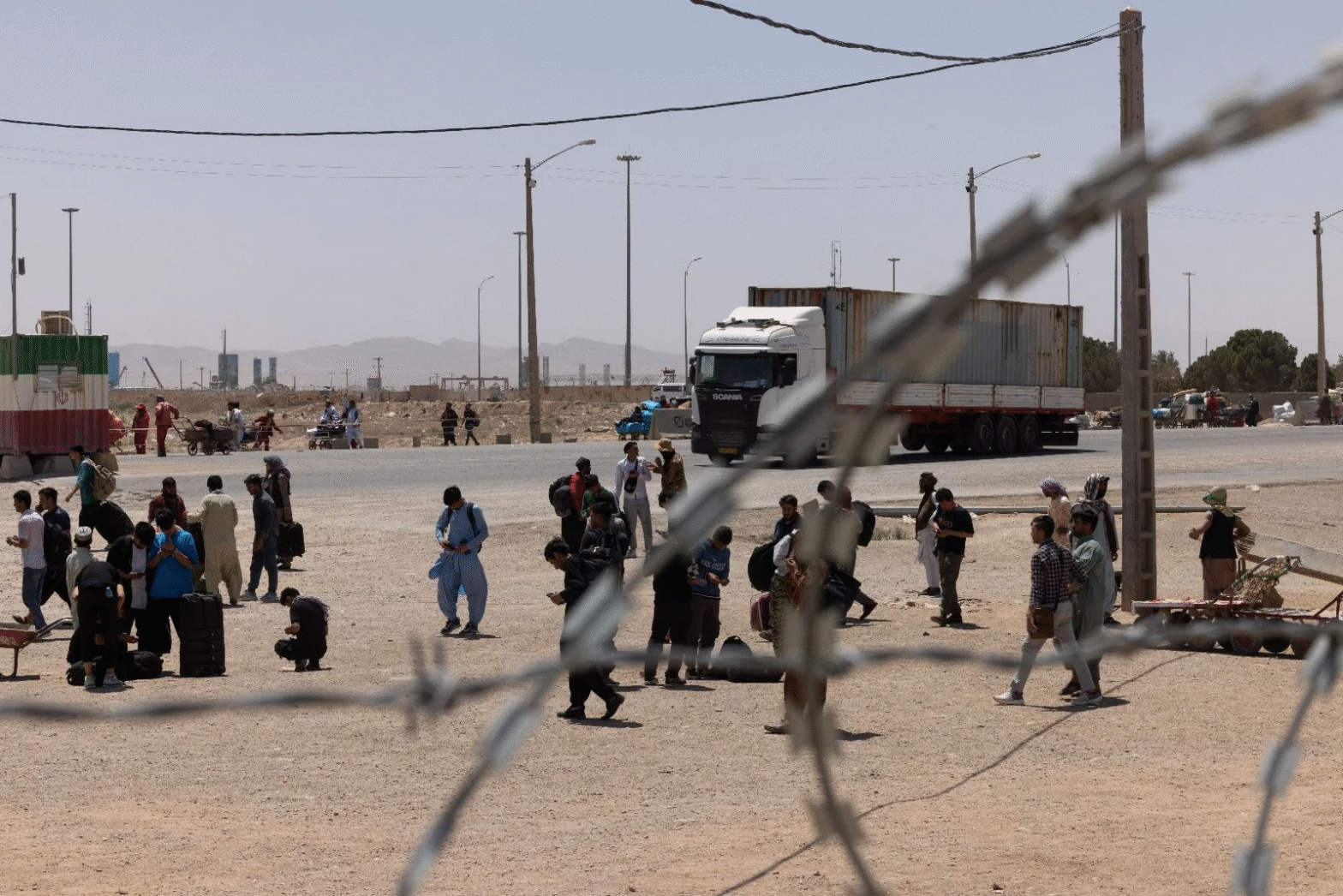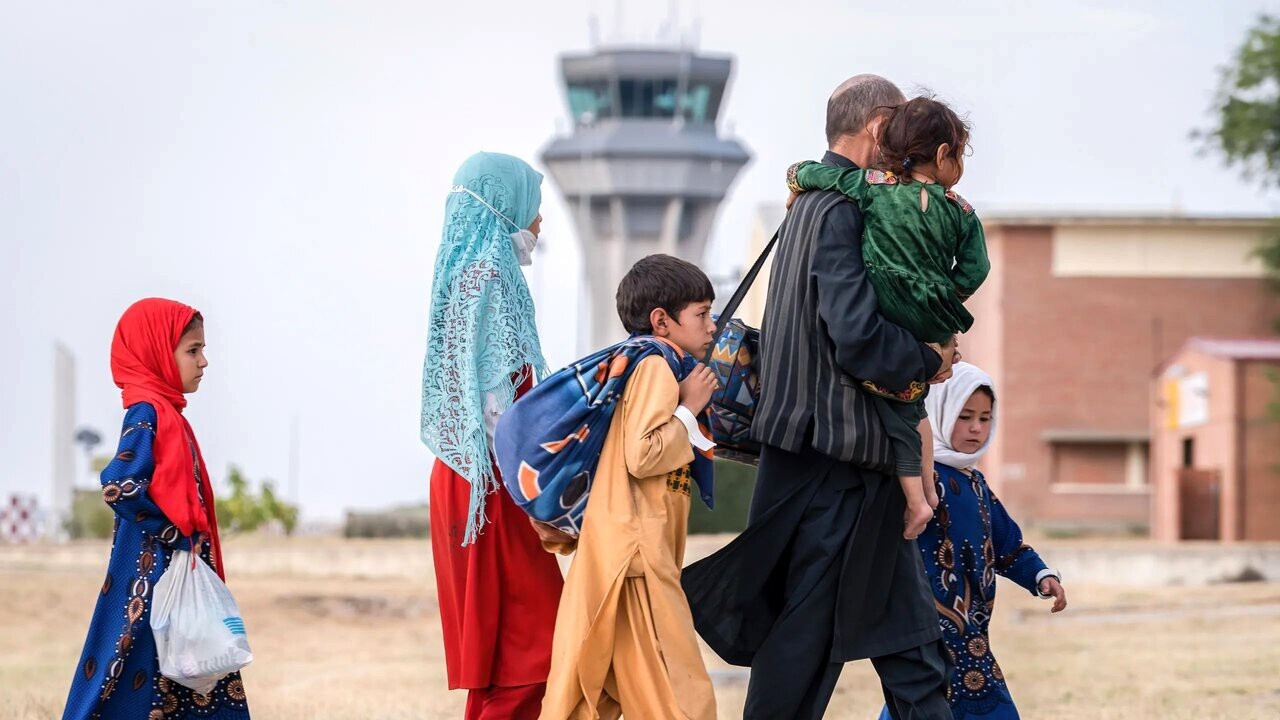
The United Nations Population Fund (UNFPA) has recently raised concerns about the alarming condition of pregnant women who have returned from Iran to Afghanistan, particularly at the Islam Qala–Herat border. In a report published today (Monday, 23 Saratan) on its official X (formerly Twitter) account, the organization stated that many of these women, while pregnant and without access to basic healthcare, have traveled through difficult routes and are now facing a lack of essential services at the Islam Qala border. The UNFPA representative in Afghanistan emphasized: “Many of these women are pregnant, while children and adolescents are suffering from trauma and confusion, and are in urgent need of healthcare services and psychosocial support.” According to UN statistics, more than one million Afghan migrants have returned from Iran in recent months alone. At the same time, the deportation of undocumented Afghan migrants from Pakistan is also ongoing. The World Health Organization had previously called for immediate attention to the condition of women and children at the borders. It is worth noting that following the Iran-Israel war, the Islamic Republic has launched a large-scale deportation of Afghan migrants. While Tehran claims it is only deporting undocumented Afghans, migrants report that police have torn up their documents—including visas and passports—and deported them despite having legal papers.

